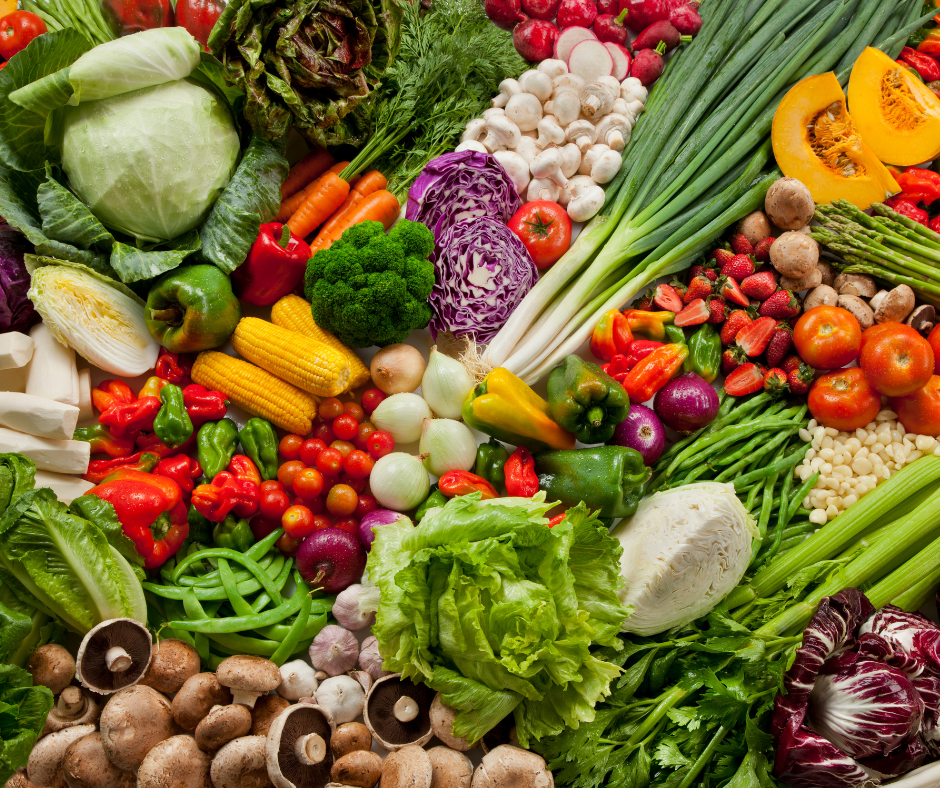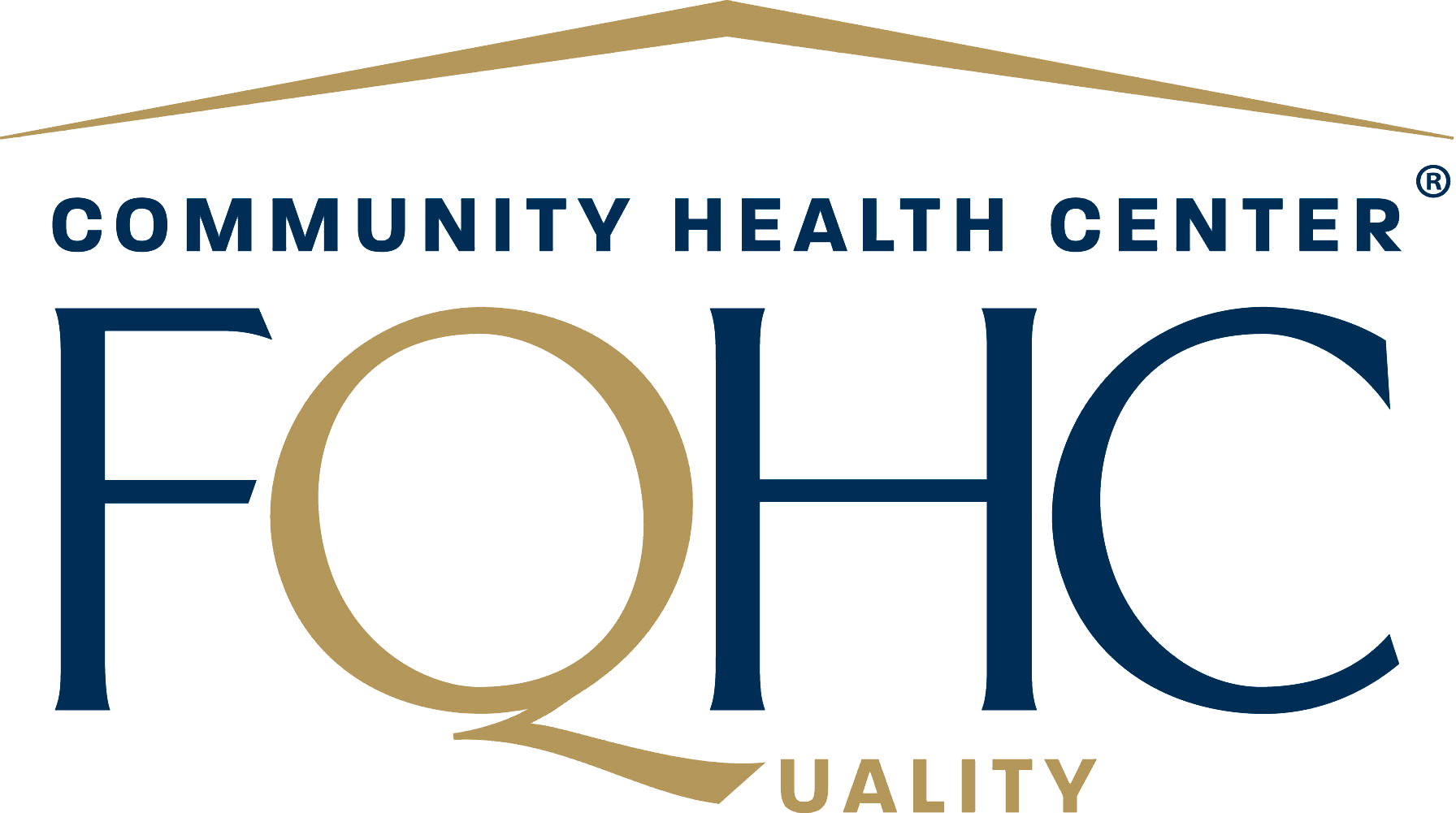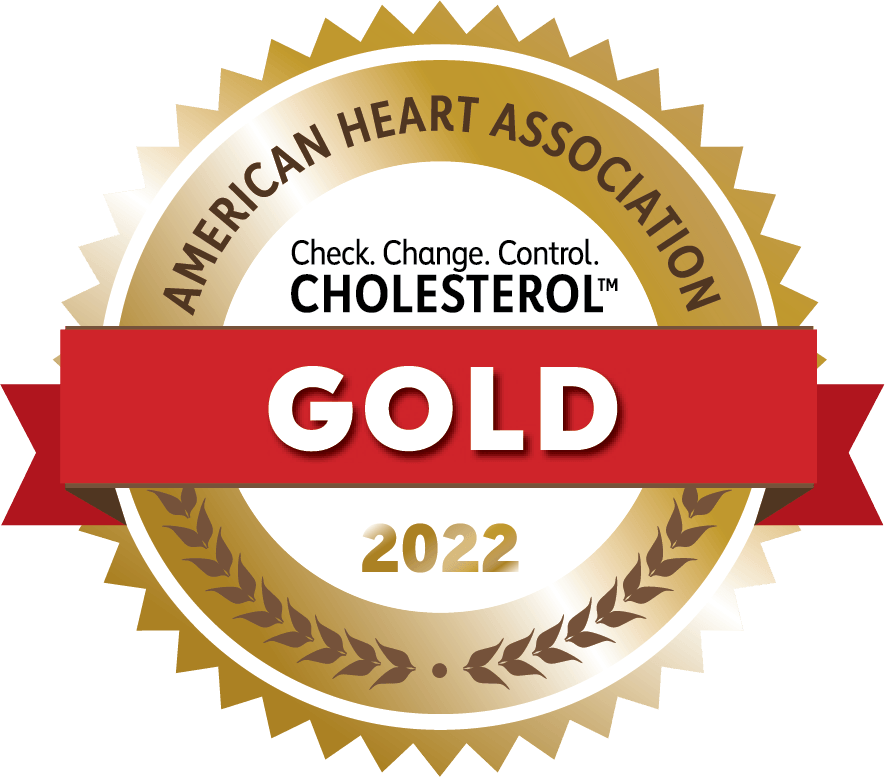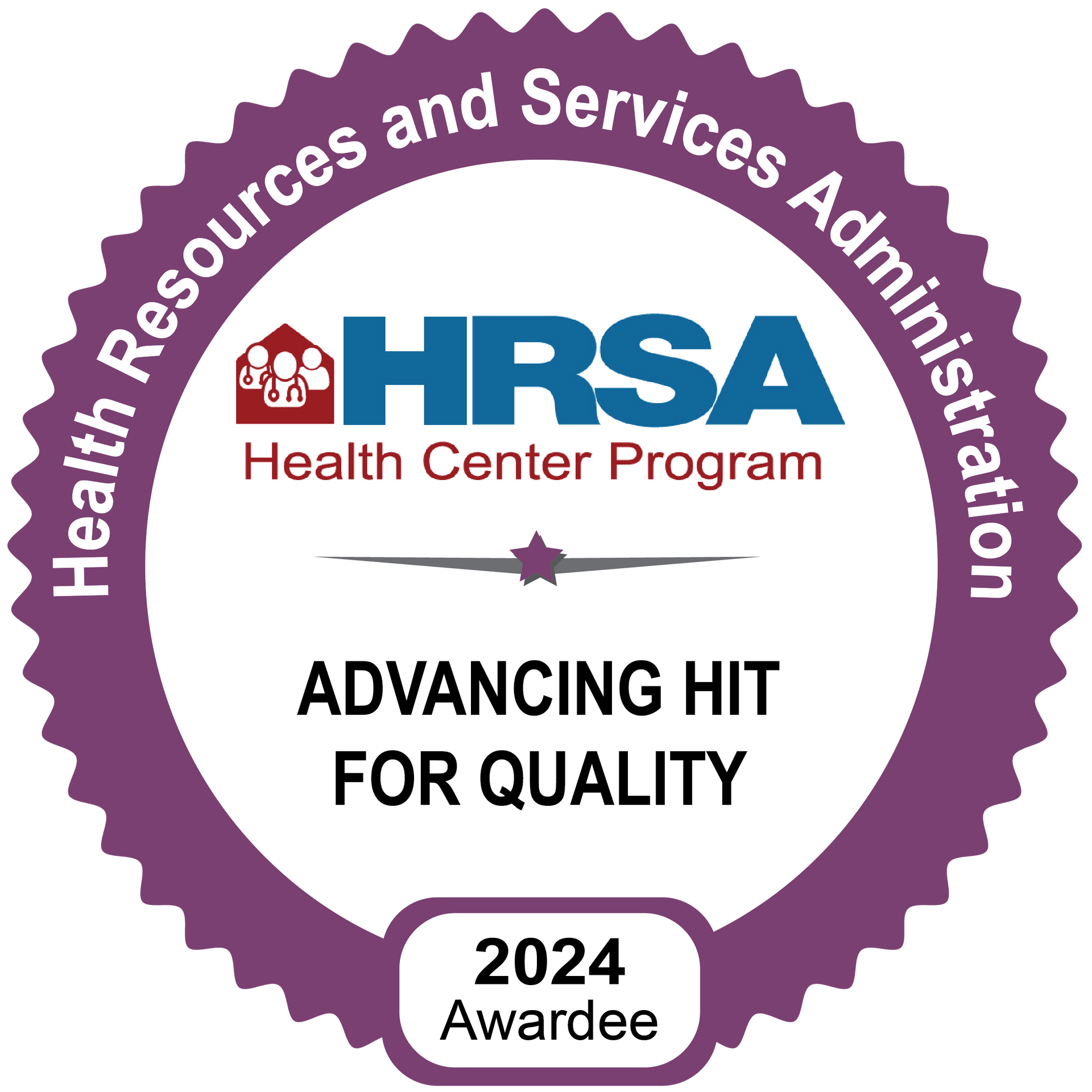For fast assistance and 24/7 communication with our team, please use our patient portal. You may also send a secure text message to 743-800-2015 during regular business hours, Monday - Friday 8:00am - 5:00pm.
Our Monroe Road Location has a New Number! Please Contact Monroe Road at 704-322-4065!
Our Charlotte Park Location has a New Number! Please Contact Charlotte Park at 704-461-0006!
RX Pad Blog
Managing Your Cholesterol
Introduction
We’ve all seen the Cheerios commercials, where Buzz the Bee cheerfully zooms around the kitchen table at breakfast while saying, “Cheerios can help lower your cholesterol as part of a heart-healthy diet!” But what exactly is cholesterol, why is it so important, and what can we do to manage it? I’ll let you in on a little secret – it takes more than just a bowl of Cheerios to keep your cholesterol under control, but you can do it!
What is Cholesterol?
Cholesterol is a fat-like substance that is used to make the cells in our body. It also plays a role in helping us digest our food and is important in helping our body make hormones, like estrogen and testosterone.1 While our body needs cholesterol to function, too much of a good thing can be harmful. Our liver is responsible for making the cholesterol our body needs; however, we also get cholesterol from the food we eat.1 Eating too many foods that are high in cholesterol can lead to a buildup of cholesterol in our body. When this happens, cholesterol starts to hang out in our blood vessels, blocking the flow of blood to our heart.2 If the heart is not able to receive the oxygen it needs from the blood, we may experience a heart attack, resulting in damage to the heart. For this reason, it is important to monitor our cholesterol and consider how we can best manage it to keep our body and heart healthy!
Good Cholesterol v. Bad Cholesterol
There are two types of cholesterol – low-density lipoprotein (LDL) and high-density lipoprotein (HDL). LDL is often called “bad” cholesterol because it is the type of cholesterol that builds up in our blood vessels. HDL, or “good” cholesterol, sweeps LDL away from our blood vessels and brings it back to our liver, where it is broken down.3 In this way, HDL helps protect our blood vessels from the harmful buildup of LDL. Therefore, maintaining high levels of HDL and low levels of LDL in our body can prevent the buildup of cholesterol, keeping our hearts healthy.2 The best way to manage cholesterol is through a healthy diet and regular exercise! However, when we need a little extra help, there are a few medications we can turn to as well.
A Heart Healthy Diet – It’s More than Just Cheerios!
Making small changes to the way we eat can have a big impact on lowering our cholesterol. Foods that are high in saturated or trans fat – such as cheese, whole milk, fatty beef or pork, and fried or processed foods – can increase LDL.4 The next time you find yourself wandering the aisles at the grocery store, take a few moments to look at the nutrition label! The nutrition label lists the amount of cholesterol, saturated fat, and trans fat each product contains. Swap out foods high in saturated or trans fat for those that contain unsaturated fat instead. Foods high in fiber can also help decrease LDL.3 While Cheerios are low in saturated fat and do not contain any trans fat or cholesterol, there are several other foods you should consider first! Examples of heart-healthy foods include low-fat dairy products, lean meat (chicken, turkey), fish, fruits, vegetables, whole grains, beans, avocados, olive oil, and nuts.3,4
Move Your Body!
Staying active has a variety of health benefits, but can be especially important in helping to lower LDL cholesterol and increase HDL cholesterol while also encouraging weight loss. Find a form of exercise that you enjoy and aim to participate in 150 minutes of exercise per week – just 30 minutes 5 times a week!3 The exercise you choose should increase your heart rate. Examples include walking, running, swimming, or dancing. Consider taking a walk around your neighborhood or at your local park. If you prefer to exercise at home, look for fun exercise routines on YouTube or Pinterest. These often come with directions on how to complete each exercise. Don’t be afraid to try something new – your body will thank you!
Statins
f your cholesterol remains high despite making changes to your diet and exercise routine, your doctor may suggest starting a statin. Statins are medications that work to decrease LDL cholesterol.2 Common statins include Lipitor (atorvastatin), Crestor (rosuvastatin), Zocor (simvastatin), and Pravachol (pravastatin). These medications are usually well-tolerated with few adverse effects.2 If you are struggling to manage your cholesterol with diet and exercise alone, talk to your doctor or pharmacist to learn more about the medication options available to you.
Resources
- “About Cholesterol”, Centers for Disease Control and Prevention – Read More
- “Blood Cholesterol”, National Heart, Lung, and Blood Institute – Read More
- “Get Your Cholesterol Checked”, U.S. Department of Health and Human Services – Read More
- “The Skinny on Fats”, American Heart Association – Read More
Read More From Amity Medical Group


Phone: (704) 322-4065
Fax: (704) 248-8068
Phone:
(704) 874-0200
Fax: (833) 651-2549
Phone: (704) 208-4134
Fax: (704) 248-8068
Phone: (704) 461-0006
Fax: (704) 248-7845
Phone: (704) 503-6336
Fax: (833) 992-2040
Phone: (704) 372-9393
Fax: (833) 992-0812
Awarded 2023 Gold Seal of Transparency with Candid.
Faces of Humanity
Sands of Time
Beyond Boundaries
Click on the badge to learn more!
ButtonClick on the badge to learn more!
ButtonAll Rights Reserved | Amity Medical Group







